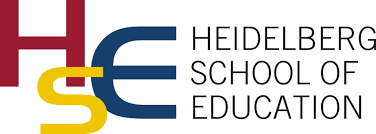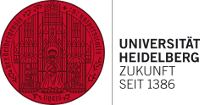Non-Formal Learning Settings for Political Education
Innovation Areas and Tendencies towards their Functionalisation
Identifiers (Article)
Abstract
In recent years non-formal educational settings have gained significance, especially when seen as innovative cooperation partners of schools. Exemplary developments in the field of Education for Sustainable Development (ESD) illustrate this trend. However, fundamental concepts and structural characteristics of non-formal learning settings, as well as associated professional self-concepts of non-formal political education, are often given little consideration. Using the educational approach of ESD and empirical-qualitative research results, this article critically analyzes the expectations and realities of cooperation between schools and non-formal educational settings. After an introductory presentation of the professional self-concept of non-formal political education, this article demonstrates that the innovation potential of non-formal learning settings, which is grounded in their specific understanding of education and profession, is lost when they are only perceived as a service provider, for example, concerning outsourced responsibility for a particular topic. Moreover, we argue that this functionalisation tendency gives non-formal learning settings a problematic and autonomy-threatening supplementary function. To preserve the autonomy of non-formal political education in cooperation projects, we advocate for strengthening the aspect of "the Other" – which we understand as a heterotopia and investigate empirically — as a space for critically emancipatory political learning and educational processes.Statistics
Published
2023-12-06
Section
Language
Deutsch; English
Keywords
Political Education, Out-of-School Youth Education, Education for Sustainable Development, Ou-of-School Learning Locations






